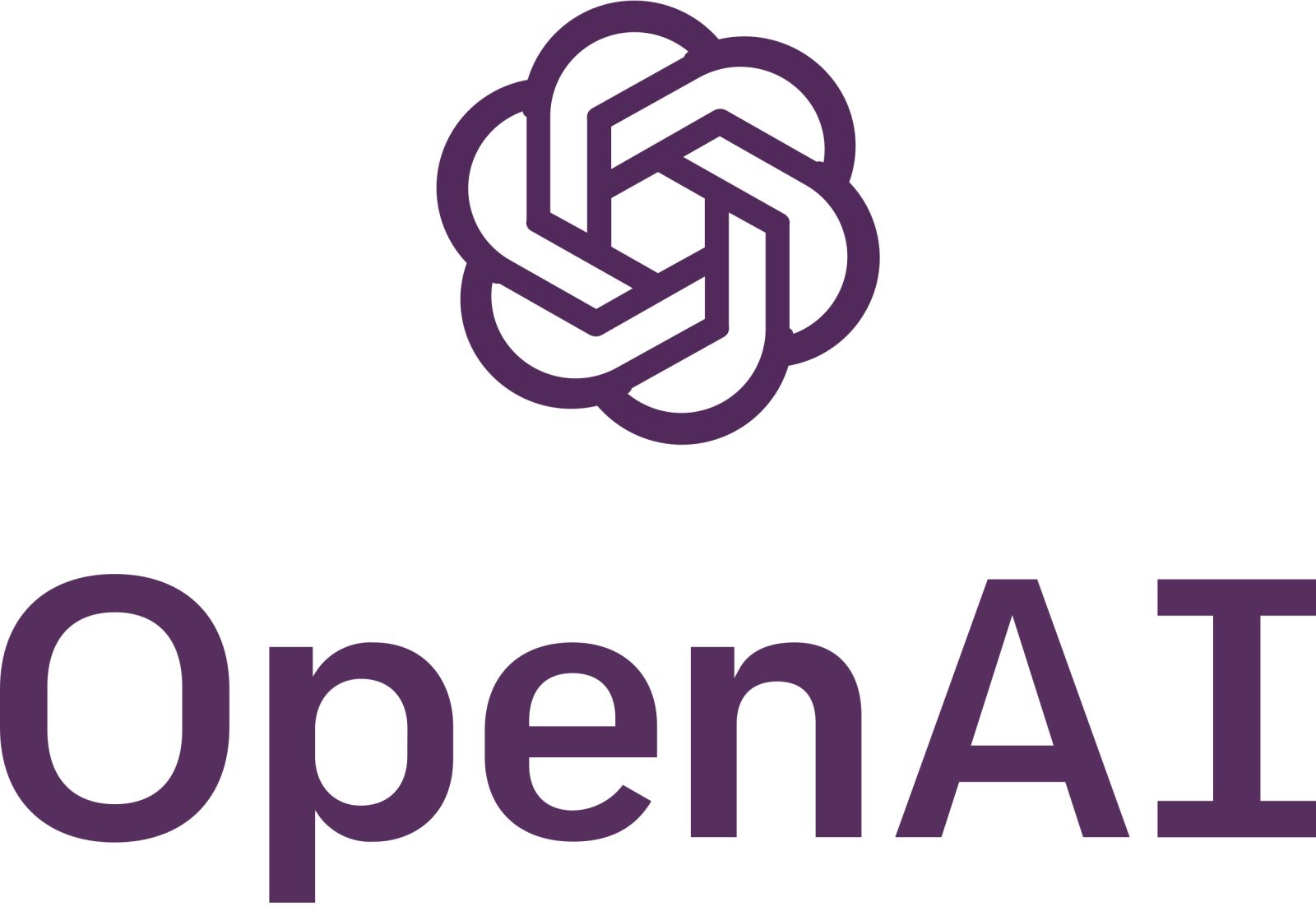Introduction
OpenAI has released a detailed document revealing how its technical teams use Codex daily to accelerate software development. The report, based on interviews with internal engineers and real usage data, shows how this AI tool is transforming the approach to the most complex development challenges.
How OpenAI Teams Implement Codex
According to the official document, Codex is used daily across numerous technical teams at OpenAI, including Security, Product Engineering, Frontend, API, Infrastructure, and Performance Engineering. These teams leverage AI power to accelerate a wide range of engineering tasks.
Codex implementation spans from understanding complex systems and refactoring large codebases to shipping new features and resolving incidents under tight deadlines.
Primary Codex Use Cases
The document identifies eight main areas where Codex is making a difference:
- Code Understanding: Rapid comprehension of complex and legacy code
- Refactoring and Migrations: Modernization and restructuring of existing codebases
- Performance Optimization: Identification and resolution of bottlenecks
- Improving Test Coverage: Automatic generation of comprehensive tests
- Increasing Development Velocity: Acceleration of development cycles
- Staying in Flow: Reduction of interruptions during programming
- Exploration and Ideation: Support in the creative phase of development
Best Practices for Using Codex
The report also includes a section dedicated to best practices developed by OpenAI teams, providing concrete guidance on how to maximize Codex effectiveness in daily workflows.
These practices have proven fundamental in helping teams move faster, improve work quality, and manage complexity at scale.
Future Outlook
The document concludes with a "Looking Ahead" section that outlines future directions for Codex development and implementation within the OpenAI organization.
FAQ
How is Codex used in OpenAI development teams?
Codex is used daily by teams like Security, Product Engineering, Frontend, API, Infrastructure, and Performance Engineering to accelerate tasks ranging from understanding complex systems to deploying new features.
What are the main benefits of Codex for software development?
Main benefits include increased development speed, improved code quality, effective complexity management, and maintaining flow during programming.
Can Codex help with legacy code refactoring?
Yes, one of the main use cases documented by OpenAI is precisely refactoring and migrations of large existing codebases.
How does Codex improve test coverage?
Codex supports automatic generation of comprehensive tests, helping teams significantly improve test coverage of their applications.
What best practices has OpenAI developed for Codex?
The document includes a dedicated section on best practices, developed internally to maximize Codex effectiveness in daily workflows.
Can Codex be used for performance optimization?
Yes, performance optimization is one of the eight main use cases identified in the OpenAI document.
